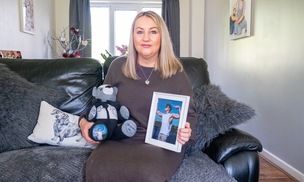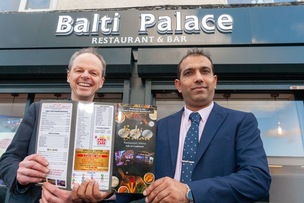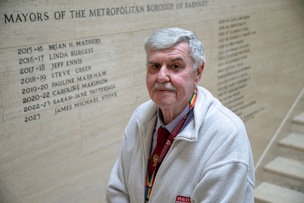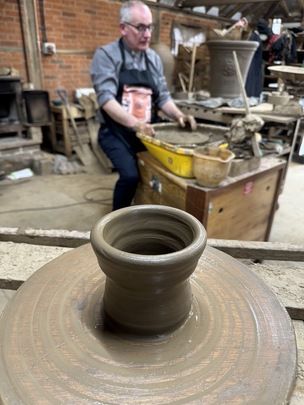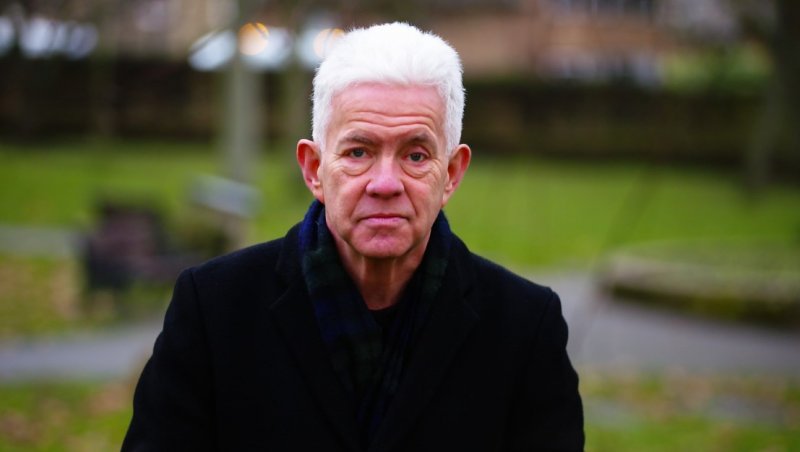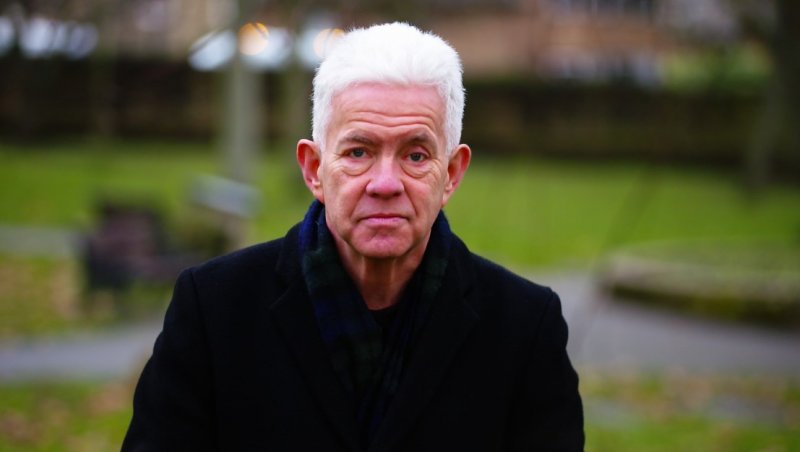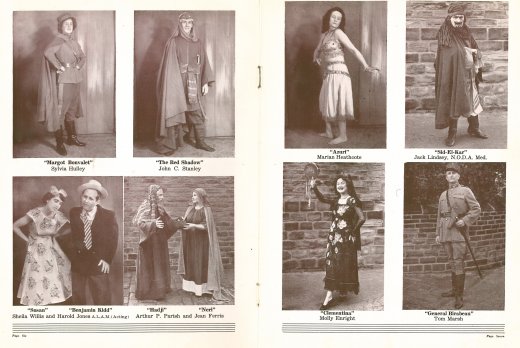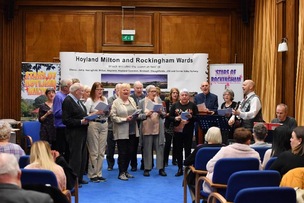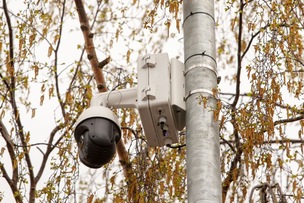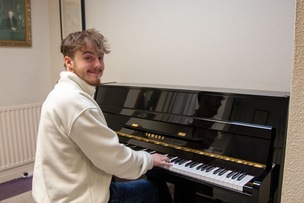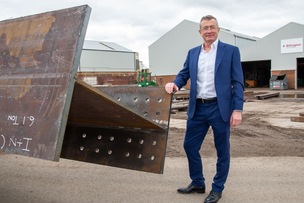Many decades ago, when I first started writing poems, the thrill of seeing my name in print was immense and overwhelming. It meant that somebody who wasn’t my mother had read my verses and liked them and, more than that, thought they were good enough to print. I recall a magazine called The Barnsley Metropolitan that was around in the mid-1970’s that published some of my early work and, although I never saw anybody on the bus reading the magazine and chuckling or being moved to tears by something I’d written, I often pretended to myself that I had. Writers need readers all the time, of course, but they especially need them when they’re first starting out.
And that’s why I’m excited to read a brilliant anthology of new writing called Teenage Wildlife which is part of an 18-month project run by Barnsley Civic which, as it says in the anthology, ‘explored and celebrated 70 years of youth culture and teenage experiences in the Eldon Street area of Barnsley.’ In Teenage Wildlife a group of young people living in Barnsley, aided by Vicky Morris and Nik Perring have written about their own real and fictional teenage lives and the result is spectacular and moving, enlightening and humbling. The writing is powerful and assured, and the tales it tells are of real people living vivid lives.
As I read the book I found line after line and phrase after phrase leaping out at me and lodging in my mind for ages, which is what all good writing does. Chloe Pearson writes ‘People are talking, but all I hear is static’ and Maddy Whitelam made me think hard with her phrase ‘Time’s too precious to be in my head.’ Harry Robinson writes movingly about feelings: ‘Because we’re real, our feelings we feel, and they override us, we can’t contain them. Becca Green writes powerfully about a Dad: ‘You, the only one to make mum smile, even when you argue. The one to lift us up, strong hands holding me, now letting me go.’
Elliott Blades writes lyrically about time and place: ‘After all, they always preferred to be a memory, a dream; forgotten – until the sun will rise again.’, as does Lauren McQueen: ‘We’re sitting in the waiting room under harsh electric lights like insects in a science lab.’ There’s a real sense of place in lots of the pieces in Teenage Wildlife; in ‘Looking Through My Photo Album’ Izzy Whiston gives us details like ‘And I can still see the boy walking with his mother on the opposite side of the road, remember the small smiles we exchanged.’ And Ava Collier takes us with her to The Waggon Road: ‘Walking down the trail, I always spot the same Victorian tracks hidden under the dirt.’
Much of the work in the collection looks inside, using language to articulate personal feelings and responses to the world. Oliver Brearley writes about sight and lack of it: ‘Although I have bad coordination I can in fact walk!’ and Ava Noble says ‘How I want to be able to laugh about the things we all find funny, to be able to be me.’ Sofie Stothers writes ‘You don’t know what it’s like for your head to quake when the floor is entirely still’ and Brooke Lee reminds us ‘Just like time never stops, not for anything, not for anyone, and definitely not for loss.’
Charlotte Pearce writes a poem inspired by the Extraordinary Bodies exhibition at The Civic last year: ‘I’m not able to move well. I can’t stand. If I did my legs would tear like tissue paper.’ And Jason Parker, responding to the Diane Arbus exhibition at The Civic, writes ‘…in the picture I stand, head held high, who I am inside shines through the clashing patterns of my flesh.’ Katie Charlesworth gives us a surreal account of why someone was late ‘Then my cereal slid all over the floor and I thought I’d lost my keys. Then I found them again in the fridge.’ and Hattie Norman-Bird plays beautifully with language ‘There she is with her marmalade soul, her washing machine benevolence.’ Laurie Smith takes us inside a book as its being read ‘The words hook me in, they capture me, speak to me. They pull me into the main character’s shoes and I walk.’ In ‘The Bench’ Millie Appleyard writes about an encounter in a park ‘You’re sat on the bench in the park where you always sit, then one day she joins you.’
The collection is a real triumph for these young people and it shows that creativity is alive and well in Barnsley. Get your copy from The Civic!



